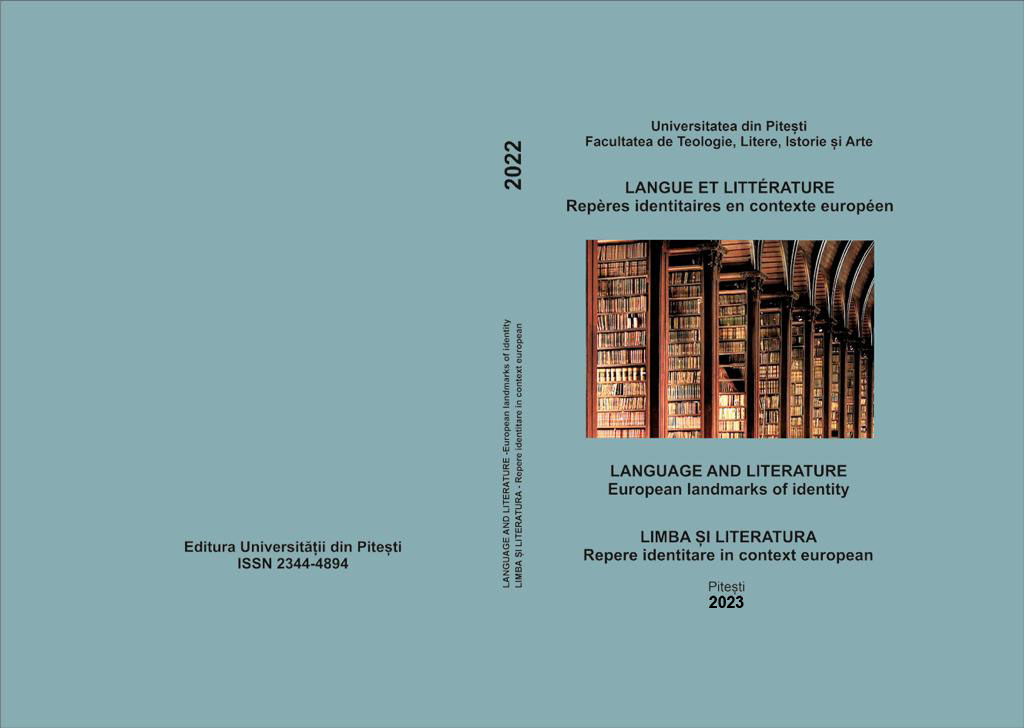INTERCULTURALITY AND COMMUNION IN THE CONCEPTION OF IUSTIN MOISESCU
INTERCULTURALITY AND COMMUNION IN THE CONCEPTION OF IUSTIN MOISESCU
Author(s): Ion-Gabriel MilitaruSubject(s): History, Cultural history
Published by: Editura Universităţii din Piteşti
Keywords: interculturality; communion; globalization;
Summary/Abstract: Patriarch Iustin Moisescu showed the importance of the transitional era of social orders after the Second World War, from force to justice and from radical social distinctions to ensuring the well-being of people and peace between peoples: "The essential phenomenon that characterizes our era is the awakening of man. In the current stage of human culture, man has acquired the consciousness of his human existence. He realizes the value of his being and wants to live, together with his peers, as a full human being, integrating into a society with just settlements". Regarding the relations between people, under the basic idea of everyone's equality before God, father Iustin Moisescu had the following basic principles: non-interference of one church in the internal affairs of another; the atmosphere that was to dominate the relations between the churches was to be based on love and trust; proselytizing practices had to be excluded; the unity of the Christian churches was a duty, not a privilege. Orthodoxy, for its part, had unity as its basic principle, and contacts with other churches had the main role of preparing the atmosphere for inter-Christian dialogue. Relations with other churches also had the role of promoting love between people and nations and, of course, peace.
Journal: LIMBA ȘI LITERATURA – REPERE IDENTITARE ÎN CONTEXT EUROPEAN
- Issue Year: 2023
- Issue No: 32
- Page Range: 133-137
- Page Count: 5
- Language: English

